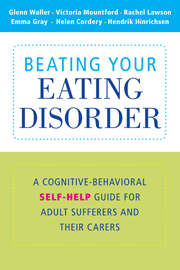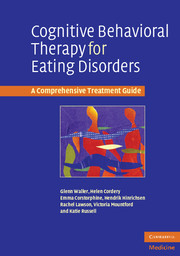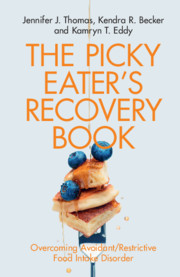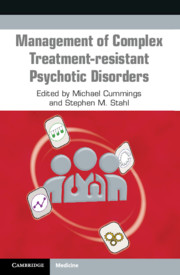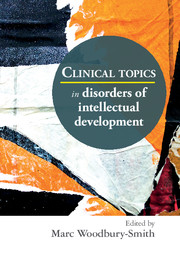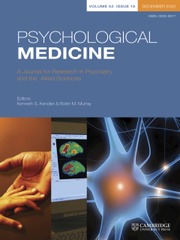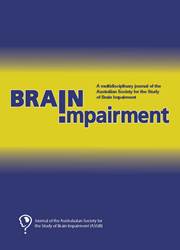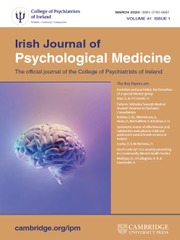Beating Your Eating Disorder
Do you or does someone you know, suffer from an eating disorder such as anorexia nervosa, bulimia nervosa or a less typical set of symptoms? The most effective, evidence-based treatment for adults with eating disorders is cognitive-behavioural therapy (CBT). This book presents a highly effective self-help CBT programme for all eating disorders, in an accessible format. It teaches skills to sufferers and carers alike. This book is relevant to any sufferer, if:
• You are not yet sure about whether to seek help
• You are not sure where to find help
• Your family doctor or others recommend that you try a self-help approach
• You are waiting for therapy with a clinician, and want to get the best possible start to beating your eating disorder
- Written in an accessible format - illustrated with rich vignettes and colourful analogies to provide a context for recovery
- Represents the key elements of cognitive-behavioural therapy for a range of eating disorders, enabling carers and sufferers to work together
- Equally helpful for families and friends by giving them the support they need to be a powerful ally in recovery
Reviews & endorsements
"The authors bring decades of clinical and research experience to this concise book, which details cognitive behavioral therapy as the strongest and/or fastest impact on most types of eating disorders among adults. Therapists and other mental health professionals will be familiar with the key elements of CBT, but laypersons will no doubt gain new insights into the ways this therapeutic approach can be used to help battle their eating disorder. Six sections cover topics such as CBT and how to apply it, motivating oneself to treat the eating disorder, how to use this program, the journey to recovery, and relapse prevention. The most attractive feature of this book is the novel self-help approach for treating eating disorders with CBT that would certainly appeal to those who might want to try it as a first step, or even continue with this approach for an enduring change."
--Doody's Review Service
Product details
September 2010Adobe eBook Reader
9780511903946
0 pages
0kg
This ISBN is for an eBook version which is distributed on our behalf by a third party.
Table of Contents
- Preface: read this bit first
- Part I. Getting Started:
- 1. Who is this book for?
- 2. The key elements of cognitive-behavioural therapy and the self-help approach
- 3. How to use this book
- Part II. For the Sufferer:
- 4. Am I making a fuss about nothing?
- 5. Motivating yourself to treat your eating disorder
- 6. Is now the time to act?
- 7. Getting started with CBT
- Part III. The CBT Self-Help Programme:
- 8. Start here: how to use this programme
- 9. The practical steps of CBT for your eating disorder
- Part IV. For Carers:
- 10. Am I to blame for the eating problem?
- 11. What can I do to support the sufferer?
- Part V. Transitions into More Formal Help:
- 12. Thinking about getting more formal therapeutic help
- 13. Starting the process of getting formal therapeutic help
- 14. What to look for in a good CBT practitioner
- 15. The role of carers in the transition to more formal help
- Part VI. Letting Go of the Eating Disorder:
- 16. The journey of recovery
- 17. Relapse prevention
- 18. Have I done myself permanent damage?
- 19. Carers need to move on too
- Conclusion: eating normally again
- References and further reading
- Appendices
- Index.

